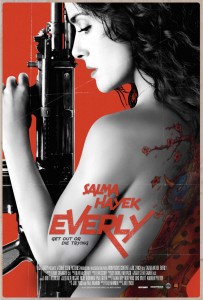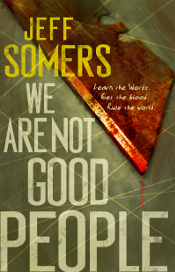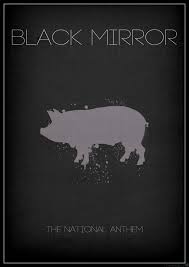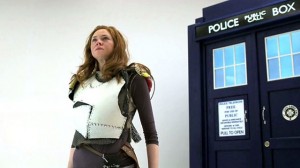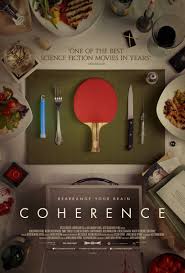Professional Reading Vs. Reading for Pleasure
As most everyone knows a few years ago I embarked on a fabulous adventure known as Jeff Lost His Day Job and Thinks He Can Earn Money by Freelance Writing, which so far has had a more or less happy ending (though, of course, none of us are getting out of this existence alive, so “happy ending” is relative – and transient, and therefore not an ending at all, is it?) in that I am in fact making a living writing things for people, both in terms of fiction and bloggy stuff done work for hire.
A lot of the bloggy stuff involves books; either reviews or listicles or round-ups and stuff. Plus, my publisher occasionally asks me to blurb something. The end result? A lot of “professional” reading, you know, reading books I might not otherwise get to. This is usually not because I’m not interested in reading said books, but more a matter of time management: I’ve only got so many years before the liver goes and the dementia starts (or, possibly, worsens; you have to always ask yourself every morning if you’re existing in a self-imposed fantasy driven by delerium tremens and bad burrito choices).
There are pros and cons to all this “professional” reading:
PROS
- I’m reading outside my usual comfort zone.
- I’m reading a lot more, overall.
- I’m reading with more of a critical eye; even when not reviewing books, I’m usually trying to think of an “angle” to write about, and therefore not simply enjoying myself as I read.
CONS
- I’m reading fast, which isn’t necessarily a bad thing but does mean I’m not just luxuriating in a good book.
- It interrupts my pleasure reading, meaning I’ve been reading certain books so slowly it’s going backwards.
- I’ve read some really awful books I was totally right to not want to read in the first place, and these abominations will be part of my brain forever now.
This is a very First World type of problem to have (my god they’re paying me to read too many books! oh wait, that’s not a fucking problem at all NEVER MIND) but it’s such a mix of good and bad it’s hard to keep everything straight, to be honest. When your bathroom book changes every time you go to the bathroom in a vain attempt to meet deadlines, your life becomes a whirlwind of toilets and words.
Actually, that’s the new title of my autobiography: A WHIRLWIND OF TOILETS; subtitle, small print: and words.
And in-between all of this I’m trying to write the next novel some sucker hero will pay me. In the long run, I fully expect all this anti-comfort zone reading I’m doing to have a beneficial effect on my writing as it opens up all new things to steal, er, reinterpret for my prose. Time will tell. Until then, it’s back to my whirlwind of toilets.


